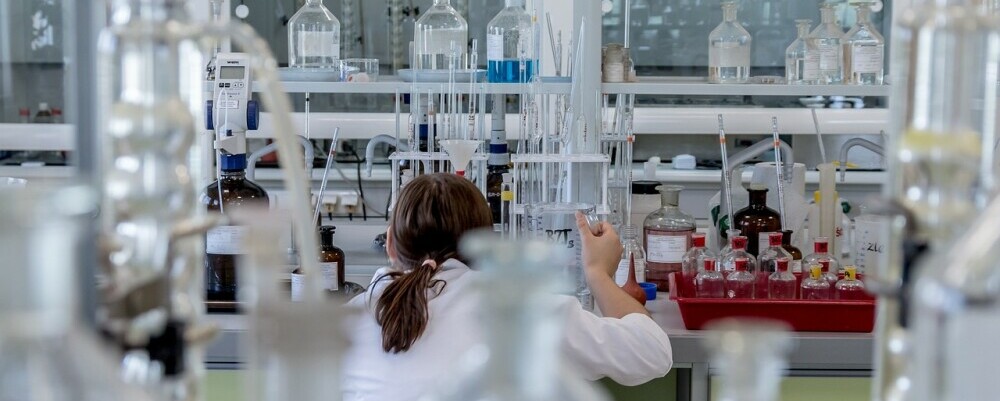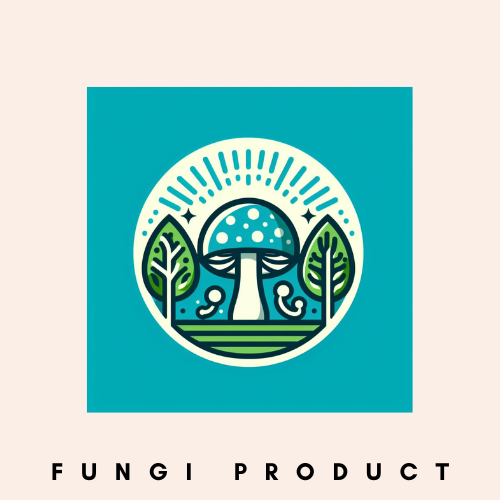Readers of this website fungiproduct know I’m fascinated by fungi and their nearly magical properties, which go far beyond their role in natural ecosystems. Fungi are unsung heroes in a myriad of industries, breaking down complex materials with ease and offering incredible benefits that are just beginning to be tapped into.
You may already know that fungi are critical in food production, pharmaceuticals, and the environment, but what you might not expect is their expanding significance in industries like construction, packaging, and even fashion. We are not talking science fiction here and I notice
a shift in how innovative minds are leveraging nature’s toolkit for sustainable solutions.
The coming years I will anticipate with you in more groundbreaking upcoming applications of fungi. These advances aim not only to minimize environmental footprints but also to enhance efficiency and usher in a new wave of products and technologies. Imagine buildings grown from mycelium or packaging that decomposes effortlessly back into the earth. A reality that is more then welcome in the growing need to take care of our beautiful planet.
The rise of diverse innovations has been propelled by the critical advantage of sustainability
that fungi offers by nature. As we grapple with pressing environmental concerns, the ability of fungi to convert waste into valuable materials is capturing the attention of forward-looking companies and researchers.
Spotlighting this emerging trend, a handful of trailblazing startups and cutting-edge research institutions have already embraced fungi as a beacon for the future. With immense curiosity and concerted effort, they’re exploring fungal applications that could soon become mainstream technology. The sheer scale of possibilities is immense, with the power to enact appreciable change across various sectors. It is my intention to visit some of these pioneers and keep you informed in coming posts, each briefing of a extra-ordinary application of fungi in our daily life.
I hope you stay tuned with us and visit us on a regular base.
As exciting as these developments are in their own right, they lead to an even more thrilling frontier: the intersection of fungi with technology and medicine. Imagine the groundbreaking effects fungi could have when combined with the latest scientific research and digital advancements.

intersection of fungi with technology and medicine brings us already amazing applications
Fungi in Technology and Medicine: The Frontier of Scientific Innovation
If you enjoy some mushrooms in your salad, think a bit deeper about what you bite there between your teeth. Fungi have staked their claim in the world of technology and medicine, where they’re causing quite a stir. Bon appétit.
Their moldable and durable nature has led scientists to explore mycelium, the root-like structure of fungi, for creating sustainable materials. Imagine building materials or packaging that grows itself and decomposes gracefully without a trace … that’s the promise of fungal innovation.
Looking at technology, fungi are helping us tackle the mounting problem of e-waste. Specific strains can recover precious metals from discarded electronics, potentially reinventing recycling processes. It’s a win for the environment and a new frontier for tech.
In the realm of healthcare, mental health is a key benefactor of fungal research. Compounds such as psilocybin, found in certain mushrooms, show promise for treating a multitude of mental health issues. Clinical trials are underway, and the potential benefits could reshape our approach to mental health therapy.
Traditional medicine has long employed mushrooms, but recent discoveries are taking things up a notch. New antibiotics derived from fungi are in development, offering hope against antibiotic-resistant bacteria. As superbugs become a greater threat, the significance of these discoveries can’t be overstated.
The collaboration between mycologists and tech firms is essential to bring these innovations to life. Integrating fungal biology with advanced technology could yield breakthroughs we’ve barely begun to imagine. Fungi might very well be the unsung heroes in our quest for sustainable and effective solutions across various sectors.
Cultivating the Future: The Socioeconomic Impact of the Fungal Revolution
As we’ve explored the innovative applications of fungi in technology and medicine, it becomes clear that the potential of this natural resource extends far beyond what we’ve imagined. The ripple effects of these innovations promise significant transformations, not only within industries but throughout entire economies and communities.
One of the most exciting prospects is the job creation anticipated from expanding fungi-related industries. From mycelium-based packaging production to advanced pharmaceutical research, new career opportunities are sprouting up for skilled workers ready to contribute to a growing market.
Additionally, agricultural practices are poised to shift with the introduction of fungi as sustainable crop enhancers and natural pesticides. This transformation could reduce our reliance on harmful chemicals and introduce more organic farming approaches, benefiting both the environment and consumer health.
With the steady rise in global population, food security remains a pressing concern. Fungi innovations, including protein-rich meat alternatives, have the potential to address these hunger challenges while also reducing the carbon footprint associated with animal farming.
The embrace of fungi technology, however, isn’t without its hurdles. Adoption requires a supportive regulatory framework, cross-sector partnerships, and investment in research and development. Moreover, expanding public education about the benefits of fungi is crucial for societal acceptance and consumer demand.

As a society, we have the opportunity to steward this fungal revolution responsibly, ensuring that it yields sustainable, equitable benefits for all. By aligning innovation with environmental and social imperatives, the future that fungi promise is not just a vision—it’s a tangible pathway toward a more resilient and thriving world.
André Raymond
